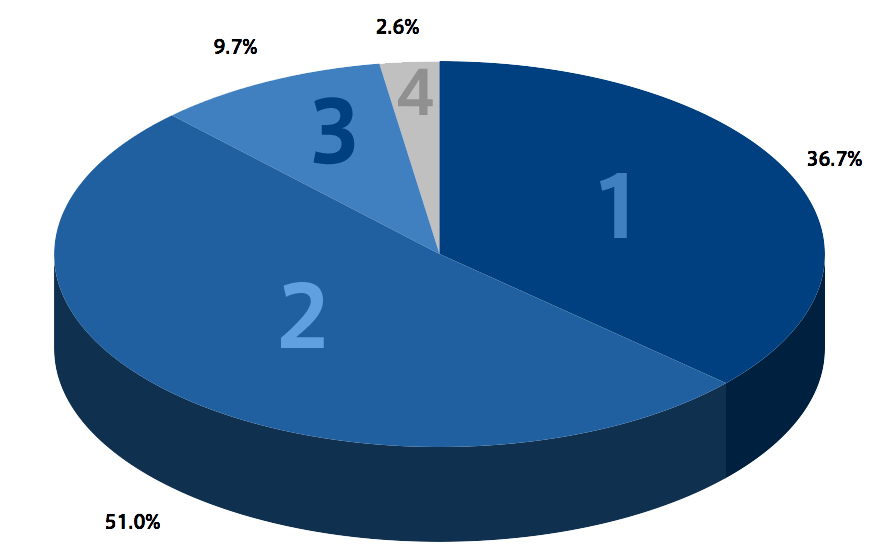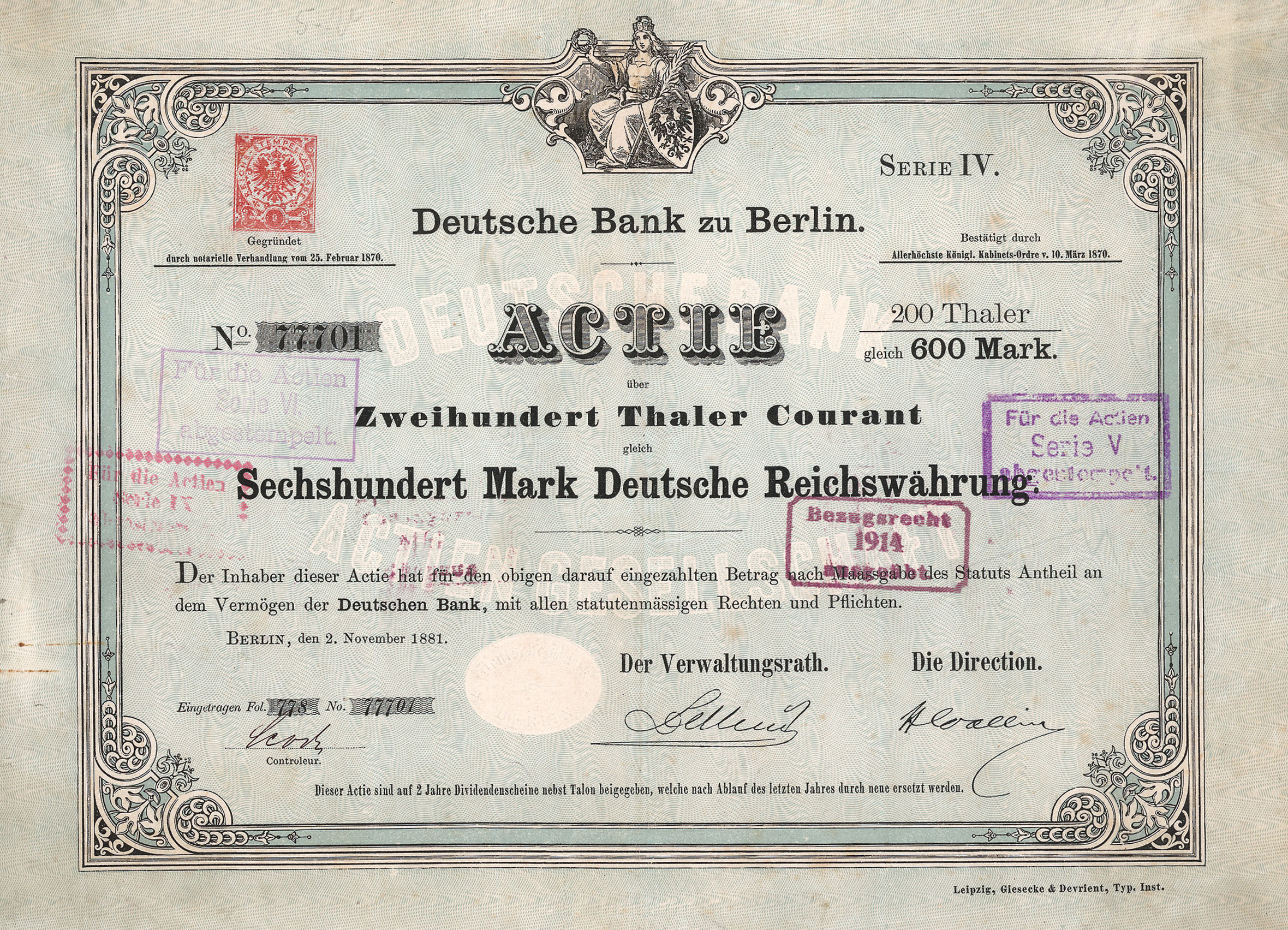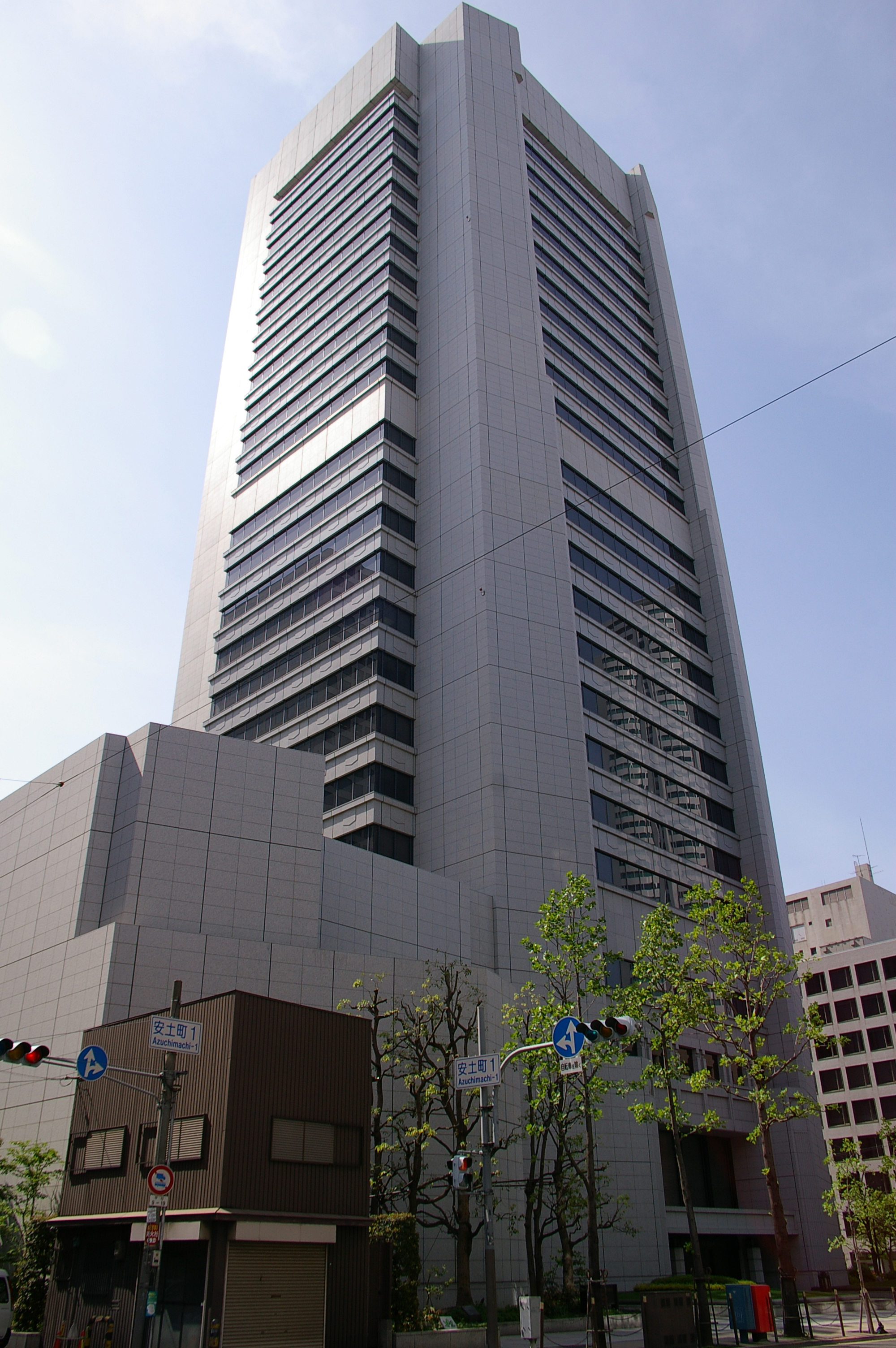|
Sanwa Bank
The was a major Japanese bank headquartered in Osaka, which operated from 1933 to 2002. It resulted from the merger of three local banks, (est. 1877 as 13th National Bank), (est. 1878), and (est. 1879 as 148th National Bank). In 2002, Sanwa Bank merged with Tokai Bank and Toyo Trust and Banking to form UFJ Bank, itself a predecessor entity of Mitsubishi UFJ Financial Group. Overview Sanwa was formed by the 1933 merger of three Osaka-based banks. The oldest of these banks, Kōnoike Bank, dated its operations back to 1656, when the Kōnoike family of Osaka established a money exchange business. The exchange was chartered to provide services for the Tokugawa shogunate in 1670. In 1877, it was awarded a national bank charter. By the 1930s, Kōnoike was unable to compete with larger banks tied to ''zaibatsu'' conglomerates, so it merged with the Sanjushi Bank and Yamaguchi Bank. It became the largest bank in Japan in terms of assets during the years prior to World War II. Dur ... [...More Info...] [...Related Items...] OR: [Wikipedia] [Google] [Baidu] |
Sanwa Bank Logo
Sanwa () may refer to: Places * Sanwa, Hiroshima, a former town in Hiroshima Prefecture * Miwa, Hiroshima, a former town in Hiroshima Prefecture (different romanization but same Japanese name) * Sanwa, Ibaraki, a town in Ibaraki Prefecture * Sanwa, Nagasaki, a former town in Nagasaki Prefecture * Sanwa, Niigata, a former village in Niigata Prefecture * Sanwa, slang for "San Joaquin Valley", California Companies * Sanwa Electric Instrument, A Japanese company manufacturing digital and analog multimeters and electrical measurement instruments * Sanwa Electronic, A Japanese company manufacturing radio-controlled model transmitters *Sanwa Bank The was a major Japanese bank headquartered in Osaka, which operated from 1933 to 2002. It resulted from the merger of three local banks, (est. 1877 as 13th National Bank), (est. 1878), and (est. 1879 as 148th National Bank). In 2002, Sanwa ..., A Japanese bank now part of The Bank of Tokyo-Mitsubishi UFJ * Sanwa Group, A former keir ... [...More Info...] [...Related Items...] OR: [Wikipedia] [Google] [Baidu] |
Japan Credit Bureau
, formerly Japan Credit Bureau, is a credit card company based in Tokyo, Japan. History Japan Credit Bureau was founded in 1961 by Sanwa Bank (now MUFG Bank) and Nippon Shinpan (now Mitsubishi UFJ NICOS), as the country's second credit card issuer and payment network after the Japanese branch of Diners Club International. JCB firmly established itself in the Japanese credit card market after purchasing, and then absorbing, Hokkaido Credit Bureau and Osaka Credit Bureau in 1968. its cards are issued to 130 million customers in 23 countries. JCB also operates a network of membership airport lounges for holders of their Platinum Cards issued outside Japan. JCB cards are issued in 24 countries. In most of these, JCB is affiliated with financial institutions to issue JCB-branded cards. In the United States, JCB is not a primary credit card network such as Visa or MasterCard. While the brand was primarily accepted by tourism-related businesses such as airlines and car rental ... [...More Info...] [...Related Items...] OR: [Wikipedia] [Google] [Baidu] |
Companies Formerly Listed On The Tokyo Stock Exchange
A company, abbreviated as co., is a legal entity representing an association of legal people, whether natural, juridical or a mixture of both, with a specific objective. Company members share a common purpose and unite to achieve specific, declared goals. Over time, companies have evolved to have the following features: "separate legal personality, limited liability, transferable shares, investor ownership, and a managerial hierarchy". The company, as an entity, was created by the state which granted the privilege of incorporation. Companies take various forms, such as: * voluntary associations, which may include nonprofit organizations * business entities, whose aim is to generate sales, revenue, and profit * financial entities and banks * programs or educational institutions A company can be created as a legal person so that the company itself has limited liability as members perform or fail to discharge their duties according to the publicly declared incorporation pu ... [...More Info...] [...Related Items...] OR: [Wikipedia] [Google] [Baidu] |
Banks Disestablished In 2002
A bank is a financial institution that accepts Deposit account, deposits from the public and creates a demand deposit while simultaneously making loans. Lending activities can be directly performed by the bank or indirectly through capital markets. As banks play an important role in financial stability and the economy of a country, most jurisdictions exercise a high degree of Bank regulation, regulation over banks. Most countries have institutionalized a system known as fractional-reserve banking, under which banks hold liquid assets equal to only a portion of their current liabilities. In addition to other regulations intended to ensure accounting liquidity, liquidity, banks are generally subject to minimum capital requirements based on an international set of capital standards, the Basel Accords. Banking in its modern sense evolved in the fourteenth century in the prosperous cities of Renaissance Italy but, in many ways, functioned as a continuation of ideas and concepts o ... [...More Info...] [...Related Items...] OR: [Wikipedia] [Google] [Baidu] |
Banks Established In 1933
A bank is a financial institution that accepts deposits from the public and creates a demand deposit while simultaneously making loans. Lending activities can be directly performed by the bank or indirectly through capital markets. As banks play an important role in financial stability and the economy of a country, most jurisdictions exercise a high degree of regulation over banks. Most countries have institutionalized a system known as fractional-reserve banking, under which banks hold liquid assets equal to only a portion of their current liabilities. In addition to other regulations intended to ensure liquidity, banks are generally subject to minimum capital requirements based on an international set of capital standards, the Basel Accords. Banking in its modern sense evolved in the fourteenth century in the prosperous cities of Renaissance Italy but, in many ways, functioned as a continuation of ideas and concepts of credit and lending that had their roots in the ancie ... [...More Info...] [...Related Items...] OR: [Wikipedia] [Google] [Baidu] |
Companies Based In Osaka Prefecture
A company, abbreviated as co., is a legal entity representing an association of legal people, whether natural, juridical or a mixture of both, with a specific objective. Company members share a common purpose and unite to achieve specific, declared goals. Over time, companies have evolved to have the following features: "separate legal personality, limited liability, transferable shares, investor ownership, and a managerial hierarchy". The company, as an entity, was created by the state which granted the privilege of incorporation. Companies take various forms, such as: * voluntary associations, which may include nonprofit organizations * business entities, whose aim is to generate sales, revenue, and profit * financial entities and banks * programs or educational institutions A company can be created as a legal person so that the company itself has limited liability as members perform or fail to discharge their duties according to the publicly declared incorporation p ... [...More Info...] [...Related Items...] OR: [Wikipedia] [Google] [Baidu] |
Defunct Banks Of Japan
{{Disambiguation ...
Defunct may refer to: * ''Defunct'' (video game), 2014 * Zombie process or defunct process, in Unix-like operating systems See also * * :Former entities * End-of-life product * Obsolescence Obsolescence is the process of becoming antiquated, out of date, old-fashioned, no longer in general use, or no longer useful, or the condition of being in such a state. When used in a biological sense, it means imperfect or rudimentary when comp ... [...More Info...] [...Related Items...] OR: [Wikipedia] [Google] [Baidu] |
Mizuho Financial Group
The , known from 2000 to 2003 as Mizuho Holdings and abbreviated as MHFG or simply Mizuho, is a Japanese banking holding company headquartered in the Ōtemachi district of Chiyoda, Tokyo, Japan. The group was formed in 2000-2002 by merger of Dai-Ichi Kangyo Bank, Fuji Bank, and Industrial Bank of Japan. The name literally means "abundant rice" in Japanese and "harvest" in the figurative sense. Mizuho Financial Group is the parent holding of Mizuho Bank, Mizuho Trust & Banking, Mizuho Securities, and Mizuho Capital, and the majority owner of Asset Management One. The group offers a range of financial services, including banking, securities, trust and asset management services, employing more than 59,000 people throughout 880 offices. It is listed on the Tokyo Stock Exchange—where it is a constituent of the Nikkei 225 and TOPIX Core30 indices—and in the New York Stock Exchange in the form of American depositary receipts. Upon its founding, Mizuho was the largest bank in the w ... [...More Info...] [...Related Items...] OR: [Wikipedia] [Google] [Baidu] |
Deutsche Bank
Deutsche Bank AG (, ) is a Germany, German multinational Investment banking, investment bank and financial services company headquartered in Frankfurt, Germany, and dual-listed on the Frankfurt Stock Exchange and the New York Stock Exchange. Deutsche Bank was founded in 1870 in Berlin. From 1929 to 1937, following its merger with Disconto-Gesellschaft, it was known as ''Deutsche Bank und Disconto-Gesellschaft'' or DeDi-Bank. Other transformative acquisitions have included those of Mendelssohn & Co. in 1938, Morgan, Grenfell & Company, Morgan Grenfell in 1990, Bankers Trust in 1998, and Deutsche Postbank in 2010. As of 2018, the bank's network spanned 58 countries with a large presence in Europe, the Americas, and Asia. It is a component of the DAX stock market index and is often referred to as the List of banks in Germany, largest German banking institution, with Deutsche Bank holding the majority stake in DWS Group for combined assets of 2.2 trillion euros, rivaling even Spa ... [...More Info...] [...Related Items...] OR: [Wikipedia] [Google] [Baidu] |
Asahi Bank
() is the holding company of , the fifth-largest banking group in Japan as of 2012. It is headquartered in the Kiba area of Koto, Tokyo. The main operating entities of the group are Resona Bank, a nationwide corporate and retail bank headquartered in Osaka, and Saitama Resona Bank, a smaller bank headquartered in Saitama City which primarily serves Saitama Prefecture, and are thus considered to be " city banks" of Japan. Most of these banks' operations are descended from Daiwa Bank and Asahi Bank, which merged in 2003. History Daiwa Bank Resona was formed as the Osaka Nomura Bank in 1918. This entity served as the financing arm of the Nomura ''zaibatsu'' founded by Tokushichi Nomura. Its securities brokerage operation separated in 1925 to form Nomura Securities, now Japan's largest securities company. The bank was renamed Nomura Bank in 1927 and became the main bank for the Osaka Prefecture government in 1929, immediately following the 1929 stock market crash. The Nomur ... [...More Info...] [...Related Items...] OR: [Wikipedia] [Google] [Baidu] |
Japanese Asset Price Bubble
The was an economic bubble in Japan from 1986 to 1991 in which real estate and stock market prices were greatly inflated. In early 1992, this price bubble burst and the country's economy stagnated. The bubble was characterized by rapid acceleration of asset prices and overheated economic activity, as well as an uncontrolled money supply and credit expansion.Kunio Okina, Masaaki Shirakawa, and Shigenori Shiratsuka (February 2001):The Asset Price Bubble and Monetary Policy: Japan's Experience in the Late 1980s and the Lessons More specifically, over-confidence and speculation regarding asset and stock prices were closely associated with excessive monetary easing policy at the time.Edgardo Demaestri, Pietro Masci (2003): Financial Crises in Japan and Latin America, Inter-American Development Bank Through the creation of economic policies that cultivated the marketability of assets, eased the access to credit, and encouraged speculation, the Japanese government started a prolon ... [...More Info...] [...Related Items...] OR: [Wikipedia] [Google] [Baidu] |





